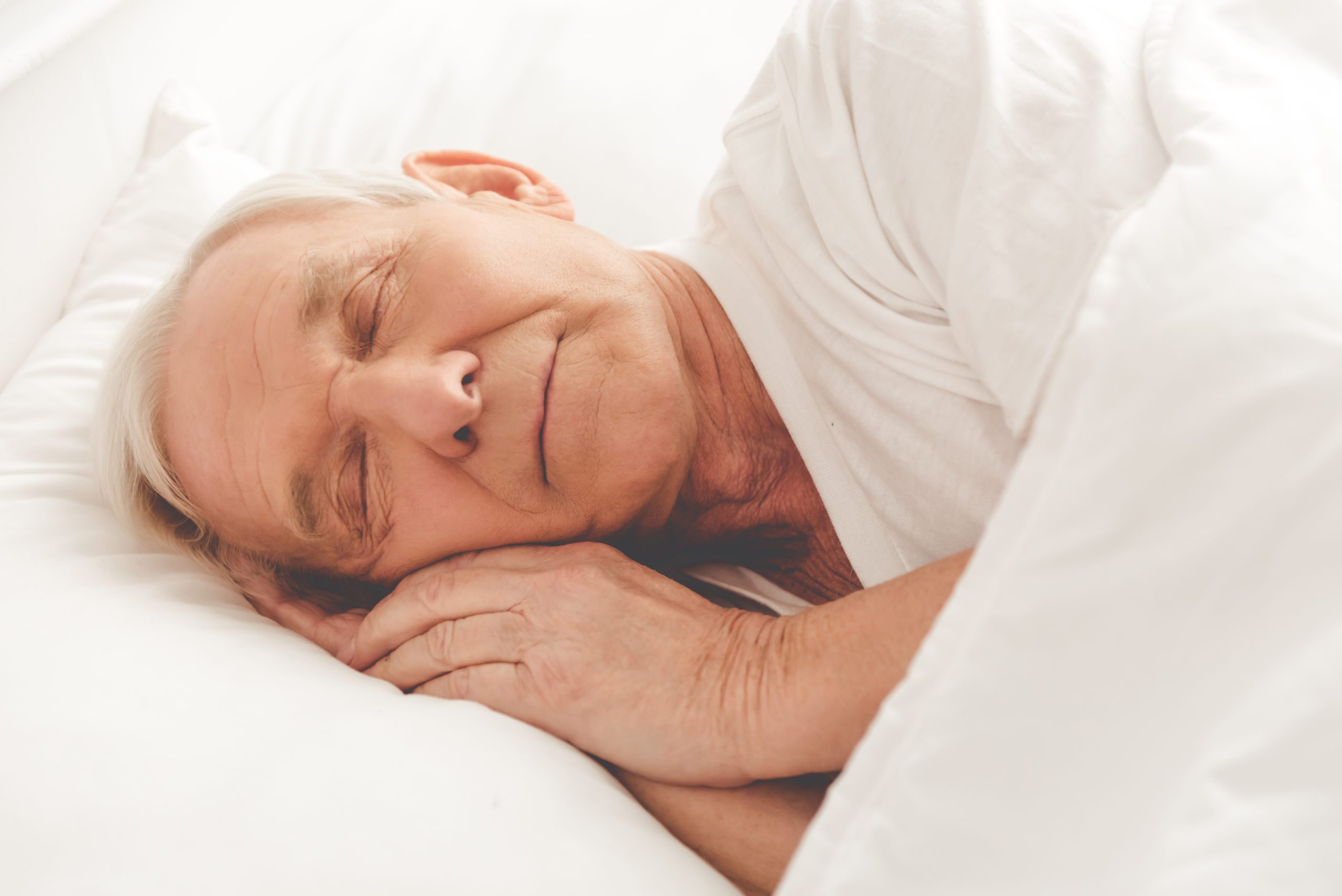People tend to sleep more lightly as they get older, in contrast to when they were younger. Midnight awakenings due to aching muscles or the need to use the restroom are common occurrences. Many elderly people find that taking a nap during the day helps them make up for the sleep they lose at night. That is to be expected. Here we will discuss why 92 year old sleeping all the time.
Daytime sleepiness is more common among the elderly, which can be a concern if a loved one prefers to spend their days in bed or on the couch napping instead of engaging with the world around them. If you want an elderly person to be more alert during the day and sleep better at night, you must identify the causes of their propensity to nap excessively. There are times when you need the guidance of a doctor to figure out what’s wrong and how to improve it. If you want to enhance a senior’s sleep schedule, knowing what to look for can give you a head start.
Table of Contents
Why 92 year old sleeping all the time?
The following are some root causes of why 92 year old sleeping all the time.
- Boredom and Lack of Engagement
- Medication Problems
- Depression and Low Energy
- Elderly falling asleep while sitting, advancing toward dementia
- Changes in Health
Let’s discuss these root causes one by one on 92 year old sleeping all the time
Boredom and Lack of Engagement
People may develop chronic health conditions and endure age-related changes that restrict them from engaging in their favorite activities as they age. When a senior’s outing, movement, and entertainment options are limited, it can devastate their quality of life. They are no longer employed, they may struggle with reading or puzzles, and watching television becomes tedious with time. The elderly may not be clinically depressed or even very exhausted in such situations. Instead, their exhaustion is a result of their extreme boredom. With no routine to adhere to and little to look forward to, kids develop the habit of dozing for most of the day.
Medication Problems
For elders, polypharmacy is a big concern. A recent study found that 54 percent of Americans aged 65 and older take four or more prescription medications, making up 89 percent of the population.
All medications have side effects. Therefore, it should not be surprising that taking many medications can result in interactions that exacerbate these symptoms. Additionally, older adults metabolize drugs differently than younger individuals, making them much more susceptible to unpleasant effects such as sleepiness and dizziness.
Medications prescribed for anxiety, depression, high blood pressure, insomnia, chronic pain, Parkinson’s disease, nausea, and allergies can all induce excessive sleepiness. Atypical (second-generation) antipsychotics are notoriously difficult for older people, particularly those with dementia. If a loved one is on one or more of these medications, discuss side effects and alternative treatments with their doctor. You may even discover that medications in their regimen could be lowered in dose or eliminated entirely. Changing the schedule of a senior’s dosages might sometimes increase their daytime alertness.
Depression and Low Energy
Depression is not a normal aspect of aging, even though some elderly individuals get depressed and lose interest in life. Unfortunately, research shows that five percent of community-dwelling elders suffer from major depressive disorder, while up to sixteen percent of older persons exhibit clinically significant depression symptoms. Most people are aware of the common symptoms of depression, but the warning signs for seniors can vary slightly. Sleep disturbances and exhaustion may signify mental health changes in a loved one. If you observe these symptoms, you should try your best to discuss their feelings and schedule an appointment with their doctor.
If a senior is already on antidepressant medication or beginning antidepressant therapy, it’s crucial to remember that finding the best medicine involves some trial and error. Again, drowsiness is a common adverse effect of these medications. Communicate with the doctor about any side effects to ensure that your loved one is prescribed the appropriate medication.
Elderly falling asleep while sitting, advancing toward dementia
The elderly falling asleep while sitting is a major concern. Seniors with dementia, such as Alzheimer’s, commonly experience various sleep problems. variety of sleep issues, especially in the disease’s later stages. As the brain ages, problems with circadian rhythms and temporal awareness occur, making it harder for people living with dementia to sleep through the night and maintain a regular schedule. Sometimes, taking a nap during the day is the only way for patients to make up for lost sleep at night.
Sleep deprivation can increase dementia symptoms such as sundowning and agitation, and the erratic schedules that ensue are sometimes distressing for carers. There are a few foolproof ways to help a dementia sufferer sleep through the night and remain alert during the day that lead to the elderly falling asleep while sitting. In general, neither over-the-counter nor prescription sleeping medications are recommended.
The Alzheimer’s Association advocates arranging stimulating daytime activities, scheduling brief naps as needed, and adhering to a regular sleep schedule as the most effective nonpharmaceutical approaches for promoting healthy sleep habits. A consistent routine can be highly effective in assisting a loved one to maintain orientation and manage dementia-related behaviors.
Changes in Health
In some cases, excessive sleeping in patients with one or more major medical disorders may signal a change in their health. This may not necessarily indicate that death is imminent, but it s cause to contact a physician to determine if a particular treatment should be altered, added, or removed. If a loved one spends a great deal of time sleeping, it is essential to devise strategies to ensure they continue to receive the necessary nutrition, personal care, and medications. If not, complications such as dehydration, malnutrition, and pressure ulcers may develop. In the most severe cases, a physician may suggest an evaluation for a higher level of care, such as skilled nursing or hospice.
As the end of life approaches, terminally ill seniors will suffer noticeable changes in consciousness and diminished activity. Before passing away, a dying individual may undergo periods of unresponsiveness and then slide into a coma. A hospice care practitioner can help family members through these and other symptoms and ensure that a dying loved one is peaceful and comfortable in their final days.
Why are the Elderly sleeping too much not eating
The dietary capacity of the elderly declines over time. This can also be caused by throat infections, vertigo, and other bodily issues. Loss of appetite, often known as anorexia, and a slowed metabolism are two causes. The following are some causes that lead elderly sleeping too much not eating.
- Oral discomfort resulting from denture complications
- Smell and taste problems are t leading cause of the elderly sleeping too much not eating
- Developing melancholy
- Adverse reactions to drugs
- Cancer illnesses
Home Care Near Me. Let’s Get Started!
Get Immediate Help with Information, Costs & Payment Options.







